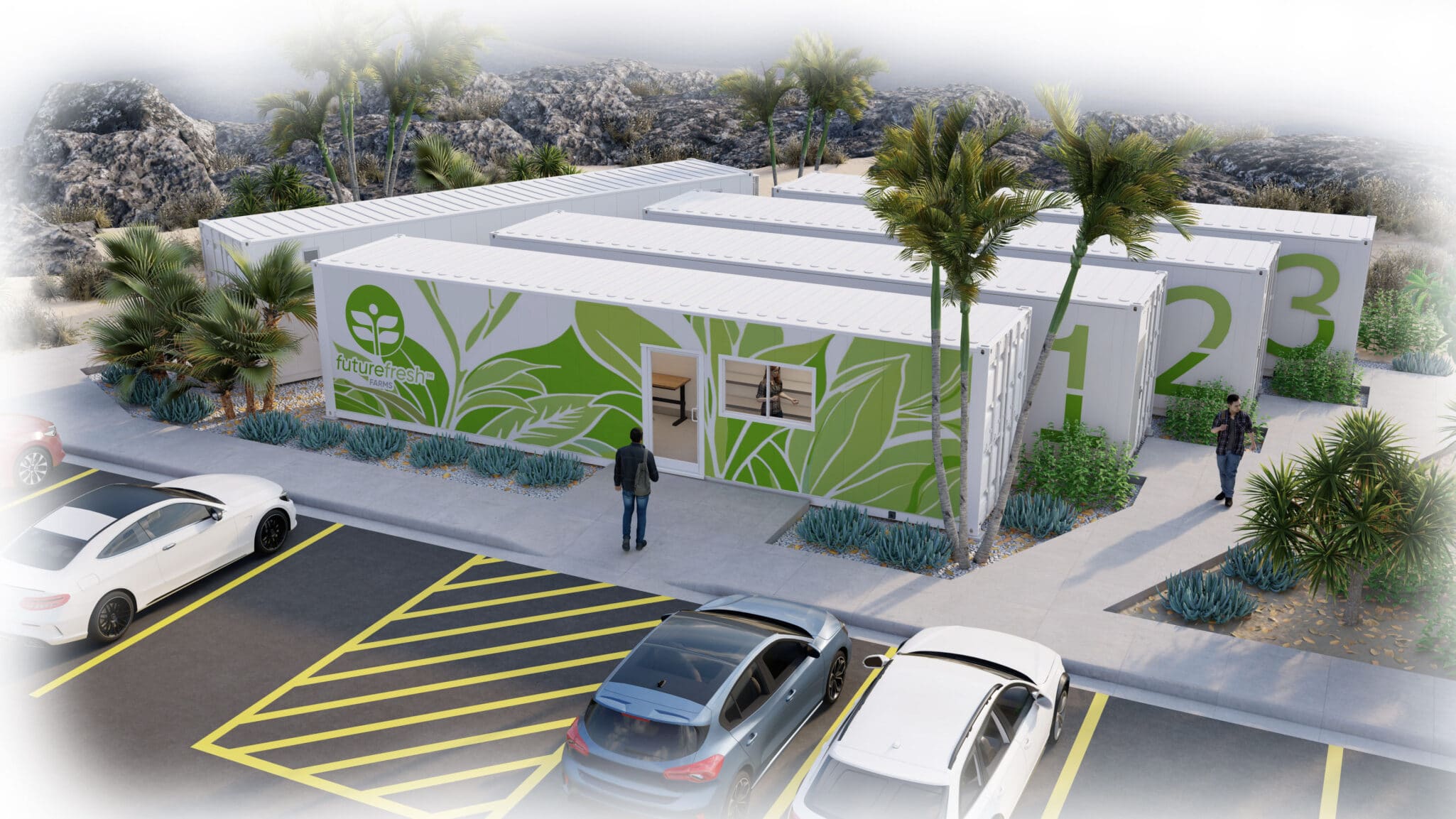Key Takeaways
- Future Fresh Farms, formerly Dachnik Aquaponics, announces rebrand and new digital platform
- Modular aquaponic systems include FarmTainer™ and FarmTainer+™, combining plant and fish production
- Company introduces MicroRevive, a soil amendment made from system byproducts
- Aquaponic model designed to address resource efficiency and diversified income streams
- Website launch reflects the company’s efforts to expand its reach and promote sustainable practices
Future Fresh Farms Introduces New Identity and Platform
Future Fresh Farms, an aquaponics-focused agriculture company, has rebranded from its previous name, Dachnik Aquaponics, and launched a new website. The rebranding aims to reflect the company’s evolving goals and product offerings, including modular systems that integrate vegetable and fish production.
According to company representative Sean Burrows, the rebrand aligns with efforts to offer scalable systems designed to use less water than conventional agriculture while providing multiple outputs.
Product Lineup Highlights Modular and Commercial Systems
The newly launched website provides information on several products:
- FarmTainer™: A 40-foot modular unit for smaller-scale growers, schools, or urban agriculture initiatives. It is described as capable of producing approximately 5,670 heads of lettuce and 3,600 pounds of fish annually.
- FarmTainer+™: A larger system consisting of five containers, intended for commercial applications, with estimated outputs of 17,000 heads of lettuce and 6,000 pounds of fish annually.
- MicroRevive: A soil amendment product made from byproducts of the aquaponic systems, intended for conventional agriculture use.
The company also supplies produce to regional markets in Utah, including restaurants and retailers.
Aquaponic Model Incorporates Multiple Revenue Streams
Future Fresh Farms promotes an aquaponic approach that includes both plant and fish production, along with soil amendment outputs. This structure differs from hydroponic systems that focus solely on plant growth. The company notes that integrating multiple products is intended to provide economic diversification for system operators.
Burrows stated, “Our aquaponic approach produces both premium vegetables and fish, but more importantly, it creates MicroRevive—a high-value soil amendment.”
Future Fresh Farm's Focus Areas
Future Fresh Farms’ systems are positioned to address several agricultural priorities, including:
- Reduced water use compared to traditional farming
- Controlled environment agriculture for year-round production
- Elimination of synthetic inputs
- Urban food production capabilities
- Mitigation of risks related to climate variability
Educational and Commercial Adoption
The company reports adoption of its systems in educational institutions, commercial farms, and restaurants. It provides services including training, installation, and support for operators of its systems. This approach aims to lower barriers to entry for organizations seeking to implement aquaponics.


